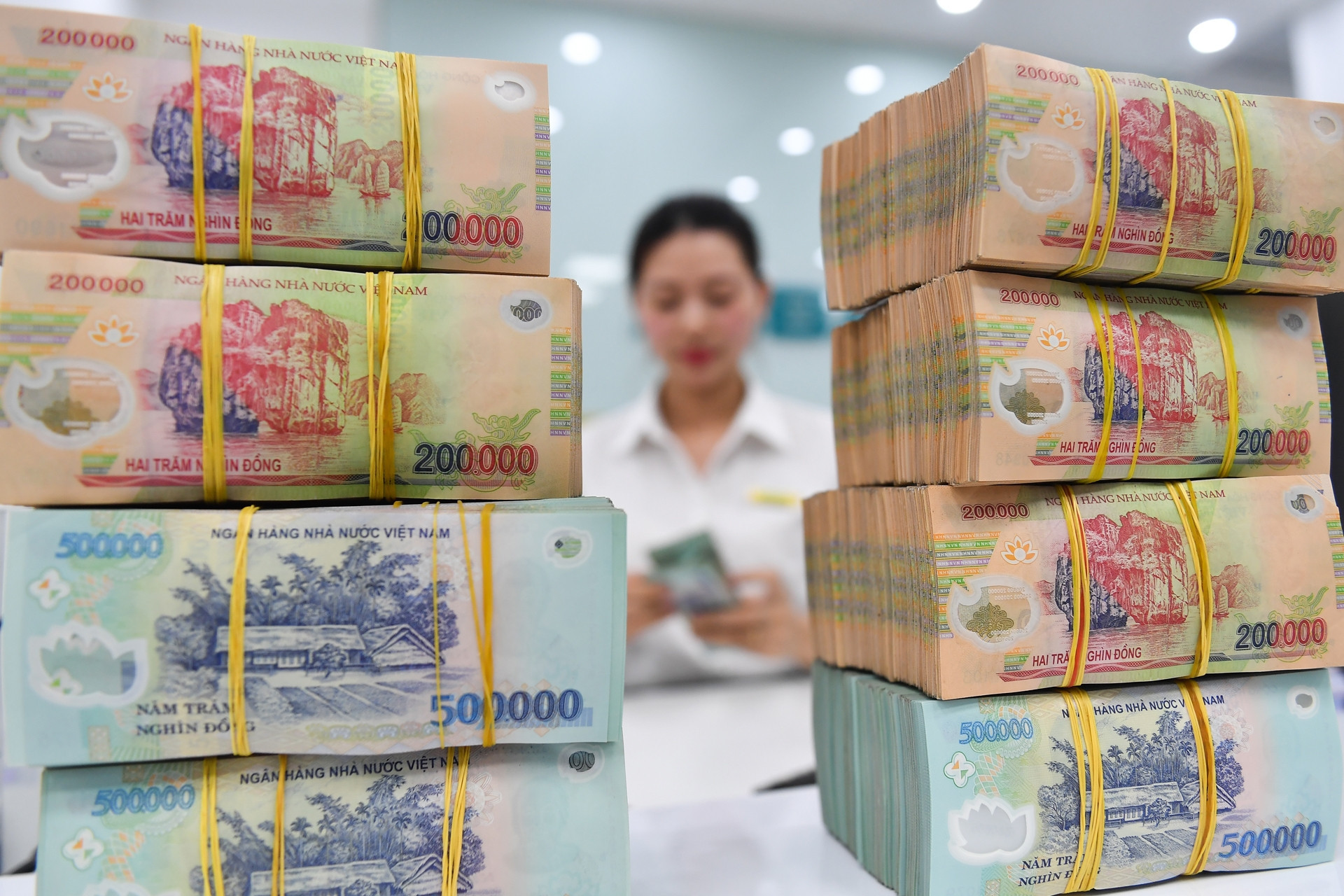
In 2024, Vietnam's state budget revenue reached an estimated 2 quadrillion VND, a 15.5% increase compared to 2023, marking a historic milestone.
This achievement reflects steady growth in Vietnam’s budget revenue over the years. From just over 100 trillion VND, the figure crossed the 1 quadrillion threshold in 2012 and reached 2 quadrillion VND 12 years later.
It took Vietnam 22 years to grow its budget revenue from over 100 trillion to over 2 quadrillion VND.
Milestones in budget revenue growth
In 2002, Vietnam's budget revenue was recorded at just over 120 trillion VND. By 2007, the number surged to more than 430 trillion VND. The breakthrough came in 2012 when the budget revenue surpassed 1 quadrillion VND for the first time.
A significant turning point was Vietnam's accession to the World Trade Organization (WTO) in 2007, which accelerated economic growth. Average GDP per capita rose from $730 in 2006 to $4,347 in 2023.
Following WTO membership, budget revenue saw a sharp increase, reaching 548 trillion VND in 2008, a 27% jump compared to 2007.
Foreign investments, such as Samsung’s establishment in Bac Ninh in 2008 and subsequent expansions in Thai Nguyen and Ho Chi Minh City, bolstered budget revenue. Reforms like the introduction of the Personal Income Tax Law in 2009 and the environmental protection tax on fuel in 2012 also contributed to the rise.
Sustaining growth amid challenges
In recent years, tax authorities have implemented measures to curb tax losses and identify new revenue streams. Efforts include taxing foreign suppliers and digital platforms like Facebook, Google, and TikTok, applying electronic invoicing, and tackling issues such as real estate underpricing in property transactions.
Despite steady revenue growth, the financial health of the national budget remains fragile due to high recurrent expenditure.
Recurrent spending, which accounts for 60-65% of total budget expenditure, often surpasses 1 quadrillion VND annually. This category includes costs to maintain state apparatus, support political and social organizations, and fulfill routine state functions related to socio-economic development, national defense, and security.
The remaining budget is allocated for development investment and debt repayment, but it is insufficient. As a result, Vietnam’s government must borrow hundreds of trillions of VND each year to meet its financial obligations.
While achieving significant milestones in budget revenue, Vietnam must address challenges in expenditure management to ensure sustainable fiscal health in the future.
Luong Bang